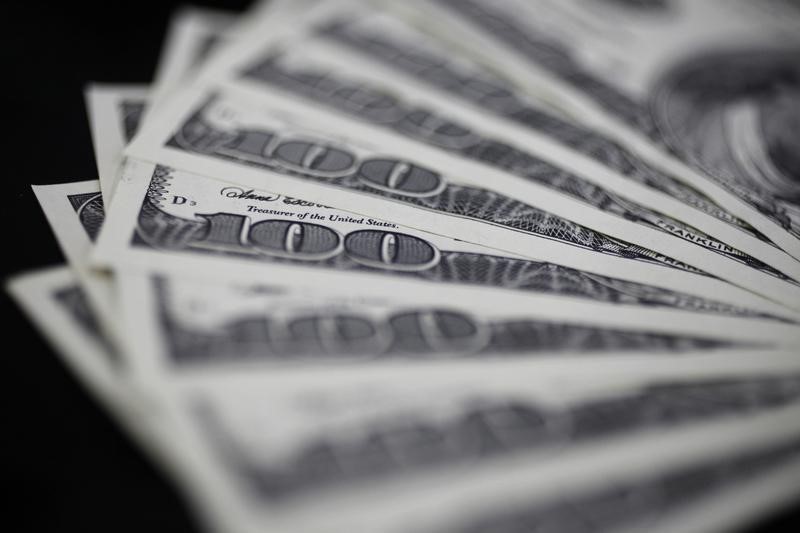Baystreet.ca - - GBPUSD sinks on weak inflation and Retail Price Indexes.
- Global equities trading defensively
- US dollar opens with small gains except against CAD.
USDCAD: open 1.3786, overnight range 1.3772-1.3793 close 1.3776, WTI $70.64, Gold, $2680.94
The Canadian dollar is clawing back some the losses incurred after yesterday’s soft Canadian inflation report. Headline inflation rose just 1.8% y/y, below the forecast for a 1.8% increase and down from the 2.0% recorded in August. The results increased the clamour about the Bank of Canada cutting rates by 50 bps on October 23, which is close to being fully priced in.
USDCAD surged on the news and climbed to 1.3841 before profit-taking and trend exhaustion drove prices lower. Selling Canadian dollar became a popular trade again at the beginning of October and two week’s later the currency was showing signs it was oversold. That suggests a the Canadian dollar will be rangebound for a period before embarking on the next leg lower.
Global equities faced downward pressure as Wall Street ended in the red, followed by similar declines in Asian markets. Japan’s Topix fell by 1.21%, mainly due to the weakening yen, while Australia’s ASX 200 slipped 0.40%. European markets were broadly negative, with the exception of the UK FTSE, which gained 0.57% thanks to a weak inflation report that increased the likelihood of future rate cuts. S&P 500 futures remained flat, and the US 10-year Treasury yield is 4.01%.
EURUSD traded within a 1.0875-1.0898 range, with the session low occurring in Asian trading. The Eurozone’s economic calendar was light, and traders are now focused on tomorrow’s ECB meeting, with the probability of a 25 basis point rate cut standing at around 80%.
GBPUSD fell from 1.3078 to 1.2982 after a weaker-than-expected UK inflation report increased speculation that the Bank of England would cut rates by 25 basis points at both of its next two meetings. Core CPI dropped to 4.6% from 4.9%, and services inflation fell to 4.9% from 5.6%. Meanwhile, the Retail Prices Index rose by 2.7%, lower than the forecast of a 3.1% increase, and Producer Prices also came in below expectations. A break below 1.2870 would open the door for further declines toward 1.2770.
USDJPY remained range-bound between 148.89 and 149.49. Gains were limited after Bank of Japan board member Seiji Adachi suggested that Japanese interest rates should rise gradually. Meanwhile, US 10-year Treasury yields dropped from 4.15% on Monday to 4.01% today.
AUDUSD traded lower in a 0.6668-0.6710 range due to persistent concerns over China’s economic growth. The Westpac Leading Index for September remained unchanged.
The US and Canadian economic data calendars do not have any actionable data scheduled.
